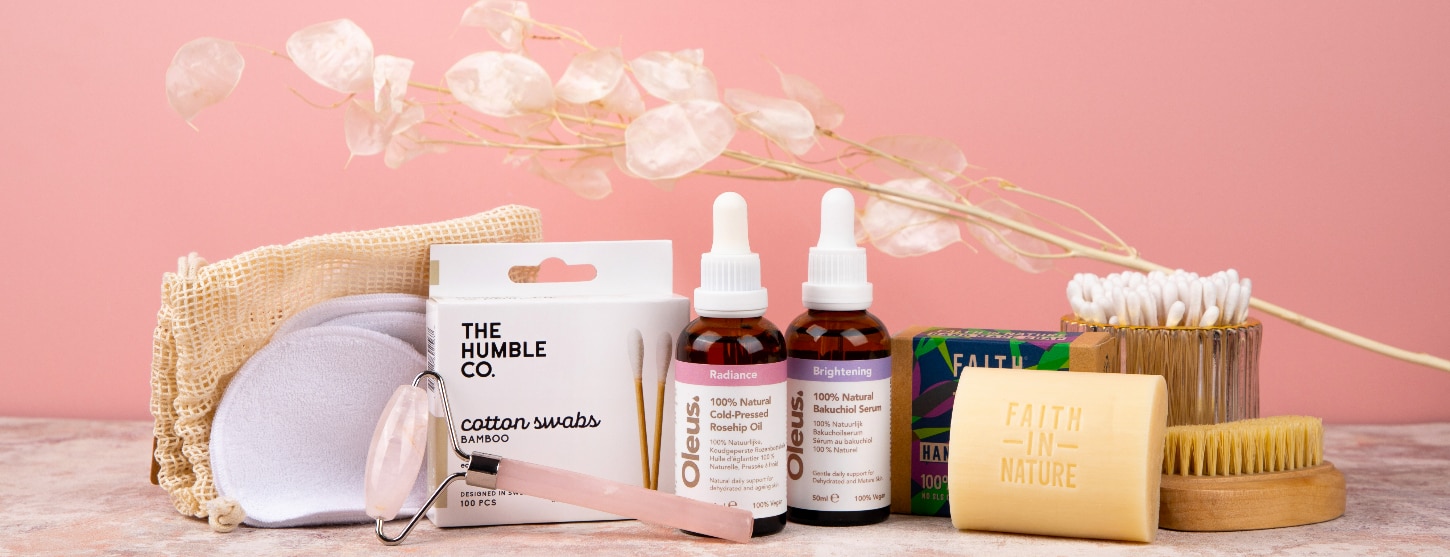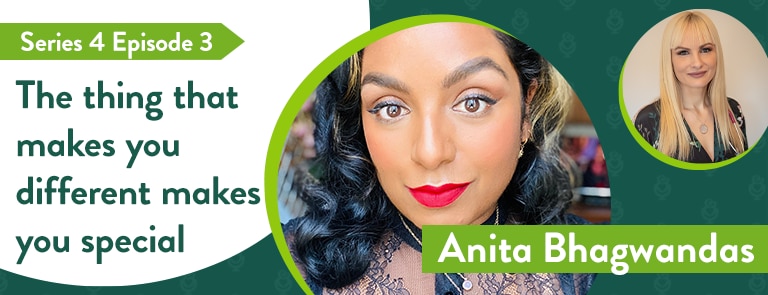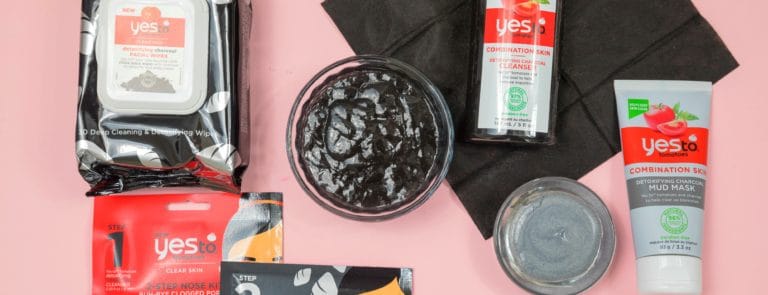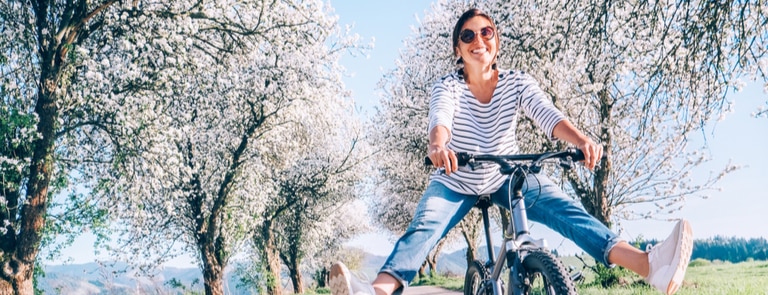20% off €35
17 sustainable beauty swaps

If you’re eco-conscious and looking to make some sustainable swaps in your beauty routine, you’re in the right spot.
We’re working in partnership with the British Beauty Council, who have formed the Sustainable Beauty Coalition to pave the way to a more sustainable beauty industry.
Together, we’re making it easier for you to make more planet-friendly choices with our sustainable beauty swaps for every part of your regime.
Jayn Sterland, Chair of the Sustainable Beauty Coalition highlights:
“There are so many exciting developments being made in this area, and we encourage all retailers to prioritise products that exclude unfriendly ingredients, are ethically sourced and use sustainable packaging that eliminates harmful waste.”
Use their Planet Positive Beauty Guide for lots of information on how you can make sustainable beauty choices.
Skip to:
The beauty industry and waste
The current picture
According to Zero Waste Week, more than 120 billion units of packaging are produced globally every year by the cosmetics industry.
This mountain of cosmetics packaging waste is responsible for contributing to the loss of 18 million acres of forest each year.1
These stats are just the tip of the iceberg, there are many more stats, just like these, out there, including in this article, ‘The waterless beauty products making a splash right now.’
The culprits
-
Minute microbeads
The beauty industry has come under fire in recent years for its use of microbeads, the tiny balls of plastic that are used in body scrubs and facial exfoliators.
They’ve come under the spotlight because some products have been known to contain over 300,000 microbeads per tube.2
These microbeads are so small, that they can easily pass straight through water filtration systems in treatment plants, and escape into waterways.
They’re also made from single use plastic too, which takes decades-upon-decades to break down, if they ever do.
Last but not least, if the microbeads happen to make it out into the world’s oceans, seas and other natural water systems and are swallowed by marine life, then they might find their way into the human food chain.3
Fortunately, a microbeads ban came into force in the UK in 2019, meaning that they can no longer be used in cosmetics and personal care products.4
-
Indestructible face wipes and wet wipes
According to market research company, Mintel, 47% of people regularly use these wipes however, many varieties are virtually indestructible.5
In fact, 93% of blocked UK sewage pipes are caused by wet wipes.6
However, it’s important to note here that the beauty industry has responded to the situation, with many brands starting to produce biodegradable versions.7
Here at Holland & Barrett, we stopped selling wet wipes back in 2019, offering much more sustainable alternatives instead – but more on this below.
-
Other beauty product packaging culprits
What else should we try to avoid?
Things to look out for include plastic tampon applicators, general external packaging and labelling, as well as bottle caps, bottles, plastic jars, tubes and sheet masks.
The latter of which have also been banned at Holland & Barrett, favouring multi-use formats instead.
The fast facts
- Over 120 billion units of packaging are produced globally every year by this industry
- Cosmetic packaging waste contributes to the loss of 18 million acres of forests each year
- Microbeads in skincare can easily enter waterways and damage marine life
- 93% of blocked sewage pipes in the UK are due to wet wipes
But the tide is changing…
Increased awareness of plastics and waste pollution and the devastating impact it can have on the environment on a global scale has resulted in many beauty brands revamping their processes so that they’re less reliant on packaging.
And if they do use it, then it’s produced using more sustainable materials, such as bamboo, paper and compostable cardboard.
Meanwhile, as awareness of the global demand dilemma has risen, so too has demand for more sustainable packaging from consumers.
A study by Dotcom Distribution revealed that 62% of consumers would rather buy from brands with eco-friendly packaging.
Meanwhile, McKinsey rated sustainable packaging as the biggest 'green premium' consumers will pay extra for.8
17 sustainable beauty swaps
While it’s positive to see demand for sustainable packaging is on the rise among consumers, making the move from traditional to zero waste obviously involves more than a mind shift.
It involves potentially changing some of your beauty and skincare products which, may sound daunting, but is actually more achievable and straightforward than you may think!
Here’s what Founding Member of the British Beauty Council’s Sustainability Coalition and our very own Beauty Trading Director, Jo Cooke has to say:
“There are loads of beauty products that are kinder to the planet; whether by using less plastic packaging, cutting down on surplus water or eliminating planet-harming chemicals.
Little swaps can help make a difference and we have worked hard to offer sustainable swaps at every step of the beauty regime; from reusable cotton pads and period cups, to biodegradable cotton buds and waterless haircare and skincare bars.”
Reusable pads, cloths & wipes
Why keep buying single-use cotton pads when there are plenty of cheaper, reusable options?
You can use:
-
Reusable cotton pads instead of disposable cotton pads
-
Or even, muslin cloths instead of disposable cotton pads
-
A Konjac sponge instead of wipes, synthetic sponges or cloths
-
Bamboo cotton swabs instead of disposable cotton swabs
Handpicked content: Reuseable cotton pads & wipes - benefits & how to use
Sustainable hair products
Shampoo and conditioner bars are becoming more and more popular as an eco-friendly way to care for your hair.
You can use:
- Bar shampoo instead of liquid shampoo
- Bar conditioner instead of liquid conditioner
To read about shampoo bars and how they work, as well as how to make your own, have a read of our article, What are shampoo bars and do they work?
You can also explore 10 of the best shampoo bars to help you decide which is the right one for you!
Sustainable sanitary products
Reusable sanitary products are being recognised as the way forward to producing less waste.
You can use:
- A menstrual cup instead of tampons and towels
- Or, if you want to use tampons, use tampons that have been made from organic products and come with a biodegradable cardboard applicator
- And if you want to use pads/towels, use reusable sanitary towels
- Alternatively, why not try some period pants?
With increased environmental awareness, there has never been a better time to make the changes needed to have a zero-waste period!
Handpicked content: Which eco-friendly period products are right for you?
Sustainable dental care
It's never been simpler to switch your brushing routine to a more eco-friendly one!
You can use:
- Recyclable electric toothpaste heads instead of disposable heads
- Bamboo interdental brushes instead of disposable interdental brushes
- Natural toothpaste instead of plastic-packaged toothpaste
- Cornstarch floss sticks instead of plastic floss
Other sustainable swaps
Even the rest of your beauty routine can be more eco-friendly.
You can use:
- An exfoliating mitt instead of an exfoliating cream, scrub or gel
- Bamboo plasters instead of plastic plasters (not necessarily a beauty product, but still a necessity!)
The final say
And the list of swaps goes on! For more examples and inspiration, check out our zero waste beauty range for yourself.
There’s a lot to be achieved when it comes to minimising waste and plastics pollution, but simple swaps like the ones listed above can make all the difference.
Which of these products are you already using or have your eye on and plan to get your sustainable beauty journey started with?
The thing that makes you different makes you special, with Anita Bhagwandas
In this episode, Anita shares the joys and challenges of being an advocate. Navigating colourism, poor representation, and her late ADHD diagnosis, she helps listeners unpick ingrained beauty standards and cultivate a beauty regime that celebrates themselves.


Last updated: 29 June 2022
- https://www.forbes.com/sites/lucysherriff/2019/09/17/the-minimalist-beauty-company-tackling-the-industrys-waste-problem/#194b02964326
- https://www.glamourmagazine.co.uk/article/plastic-beauty-products-environment-ocean-impact
- https://www.britishecologicalsociety.org/microbeads-small-plastics-causing-big-problems/
- https://www.theguardian.com/environment/2018/jan/09/plastic-microbeads-ban-enters-force-in-uk
- https://reports.mintel.com/display/966130/
- https://www.bbc.co.uk/news/uk-wales-50892036
- https://www.glamourmagazine.co.uk/article/plastic-beauty-products-environment-ocean-impact
- https://www.noissue.co.nz/blog/3-eco-friendly-initiatives-for-sustainable-cosmetics-packaging/



